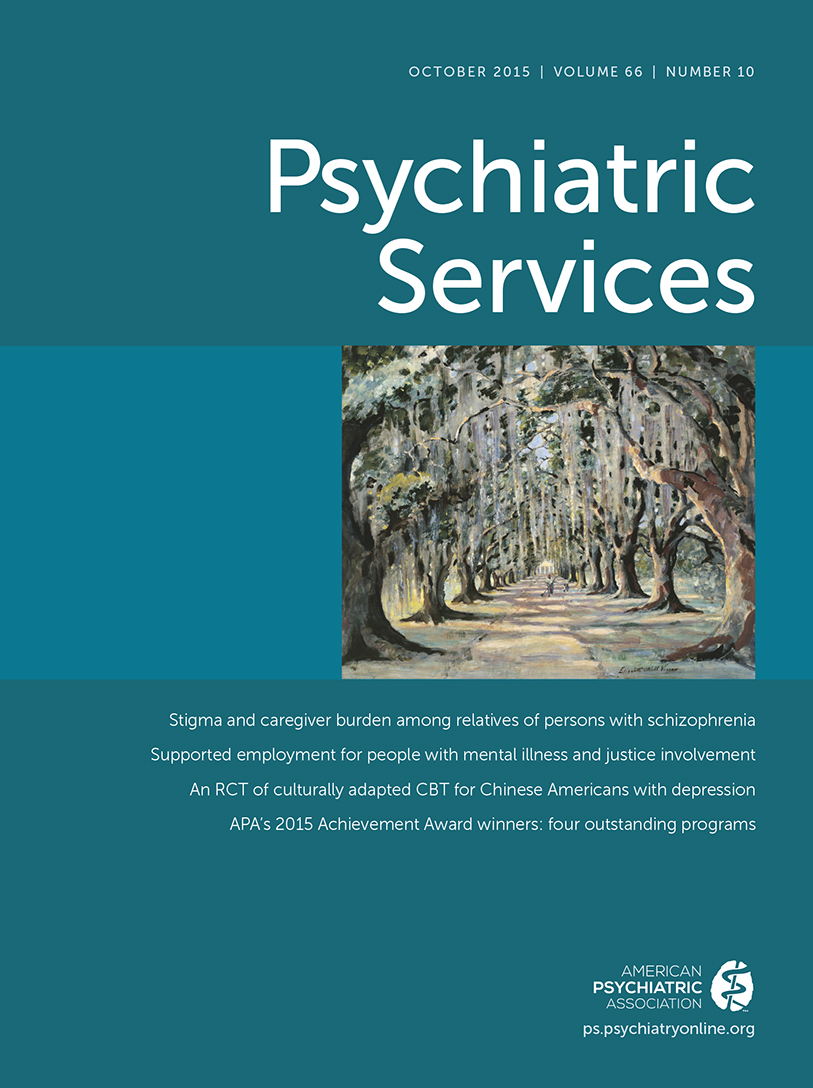Adolescents’ Assessments of the Helpfulness of Treatment for Major Depression: Results From a National Survey
Abstract
Objective:
The study investigated perceived helpfulness of counseling or medication in a national sample of adolescents with a major depressive episode.
Methods:
Secondary data analysis of the National Survey on Drug Use and Health was conducted. The sample comprised adolescents (ages 12–17) with a past-year major depressive episode who reported receiving either counseling and no medication (N=2,000) or medication and counseling (N=1,300) for depression in the past year. Adolescents who received counseling only evaluated the helpfulness of counseling, and adolescents who received medication and counseling evaluated the helpfulness of medication. Responses were analyzed by using descriptive statistics and ordered logistic regression models.
Results:
Among adolescents who received counseling only, 10% reported that counseling was extremely helpful, 22% that it helped a lot, 25% that it helped some, 24% that it helped a little, and 20% that it was not at all helpful. Among adolescents who received medication and counseling, 17% reported that medication was extremely helpful, 30% that it helped a lot, 22% that it helped somewhat, 16% that it helped a little, and 15% that it was not at all helpful. In adjusted models, adolescents with greater parental support and fewer than two delinquent behaviors in the past year were more likely to endorse treatment as helpful.
Conclusions:
About 32% to 47% of adolescents in the general population reported that depression treatment was extremely helpful or helped a lot. This is substantially lower than response rates in clinical trials. The reasons for these divergent findings merit further investigation.



